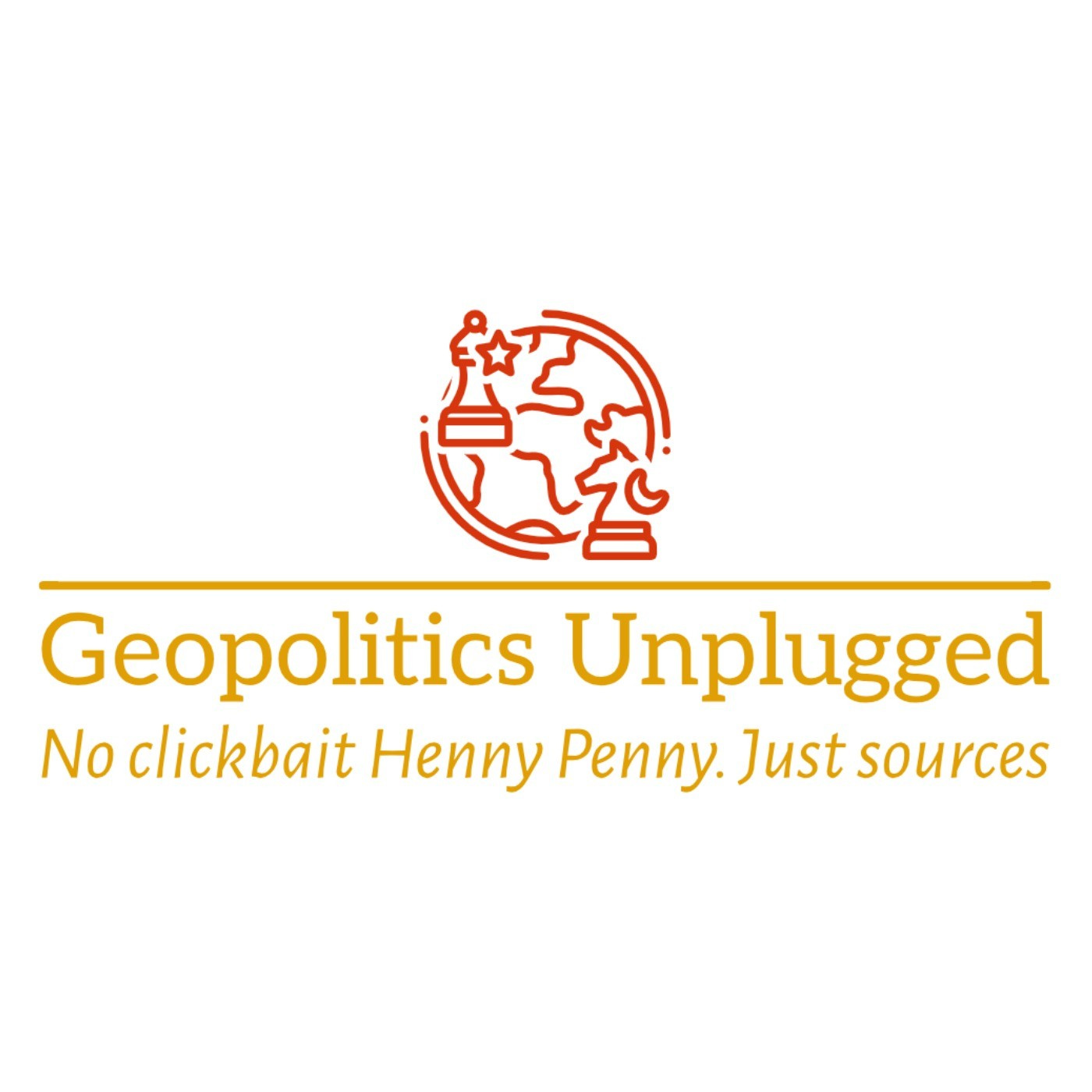
EP19: Are Russian Crude Oil Sanctions Working?

Geopolitics Unplugged
Shownotes Transcript
Summary: In this episode, we discuss the effectiveness of sanctions imposed on Russian crude oil exports, arguing that despite a price cap, the volume of Russian oil traded has increased. This increase is facilitated by a "dark fleet" of vessels, which allows Russia to evade sanctions and continue exporting oil. We also demonstrate that while Russian oil is sold at a discount compared to similar crudes, this discount is shrinking, implying that sanctions are becoming less effective at reducing revenue for Russia. We conclude by questioning the efficacy of the sanctions and raise concerns about their effectiveness in curbing Russia's oil income, which remains a significant portion of its federal budget. Questions to consider while listening: How have the volume and price of Russian crude oil exports changed since the implementation of sanctions? How does Russia's use of a 'dark fleet' of oil tankers influence the effectiveness of sanctions? What alternative strategies could be employed to effectively reduce Russian oil revenue and thereby impact its budget?
Long Format: Are Russian Crude Oil Sanctions not working? There are two objective measures to this question. The first is in terms of volume. The second is in terms of price.
This article addresses the former. https://www.cnbc.com/2024/10/14/russian-oil-trade-rises-with-record-volumes-of-dark-fleet-crude.html) (Russia’s oil trade is rising as record volumes of Russian crude are carried on ‘dark fleet’ vessels. ) Despite the crackdown, Russia has expanded the capacity of oil transported by its shadow fleet of oil tankers by almost 70 per cent year on year—from 2.4 million barrels per day in June 2023 to 4.1 million in June 2024. The article above suggests that it is even greater than those June 2024 numbers due to “record” dark fleet transportation. Source material: https://kse.ua/wp-content/uploads/2024/08/KSE_core_shadow_fleet.pdf) Now as to price question, we have to examine this longitudinally. Yes, Urals crude is selling at a discount vis a vis other similar API graded crude, but that discount is evaporating. When the cap was fully phased in, in February 2023, Russian crude was selling at a 30% discount. A year ago, the discount was about 16%.
Now it is getting back up there with other comparables of medium sour crude.
Urals crude spot price was at $73.40 as of October 11, 2024. (Which is ay above the $60 cap)
Dubai Crude (medium sour) was $73.760 for September 2024. Mars (medium sour) was $75.56 as of October 13. Brent (light, sweet) on that day was $77.26.
WTI (light sweet) is at $74.130 today (October 19, 2024). Source: https://tradingeconomics.com/commodity/crude-oil#:~:text=Crude%20Oil%20is%20expected%20to,point%20for%20global%20oil%20pricing) So, it begs the question that if the volume is way up and the discount is decreasing to closer to zero, is this sanction effective any more? Not a Russian apologist. Not a useful idiot. Just asking based upon the math. Short of bombing the “dark fleet” what can be done in reality to have the desired impact of $60 or less and less volume to “starve” Russia of its income given that oil and gas revenues have accounted for 30–50% of Russia's federal budget in the past decade? (In the first half of 2024, oil and gas revenue rose 41% year on year). Get full access to GeopoliticsUnplugged Substack at geopoliticsunplugged.substack.com/subscribe)